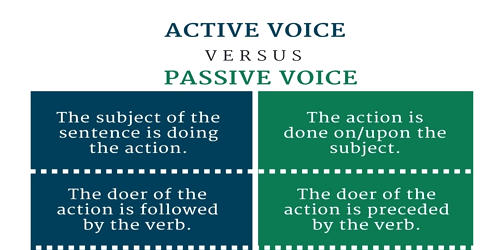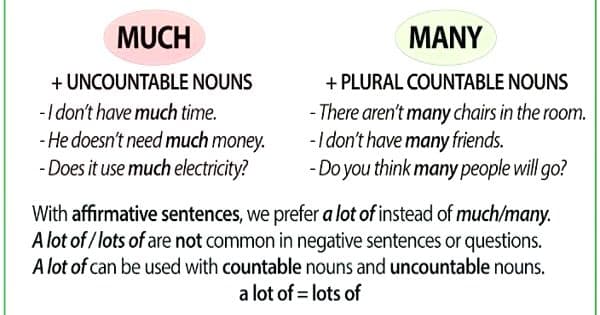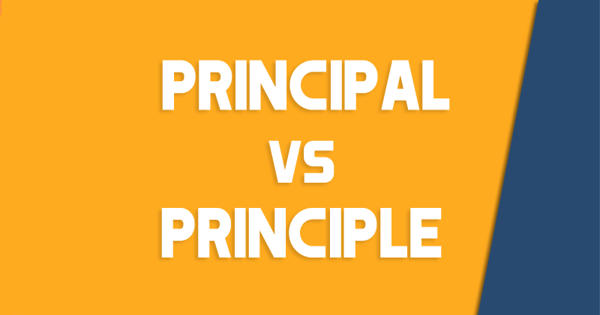In English grammar, verbs have five properties: voice, mood, tense, person, and number; here, we are concerned with voice. In English Grammar, Voice is used to decide whether the verb is working actively or passively in a sentence. In this way, there are two broad classifications of voice, i.e. active voice and passive voice. An active voice means that a sentence has a subject that acts upon its verb. Passive voice means that a subject is a recipient of a verb’s action. The active voice describes a sentence where the subject performs the action stated by the verb. With passive voice, the subject is acted upon by the verb.
If in a sentence, the subject acts as the doer of the action, then it is called an active voice. On the other hand, if the subject acts as the target or recipient of the action performed, then the voice is called a passive voice. In an active voice, it is the subject which acts upon the verb, whereas in the passive voice, the subject is being acted upon by the verb.
Difference between Active Voice and Passive Voice
ACTIVE VOICE
- Active Voice refers to that type of voice, wherein the subject carries out the action designated by the verb. When in a sentence, it is the subject which performs or completes the action, it is called an active voice.
- When the subject of a sentence performs the verb’s action, we say that the sentence is in the active voice. Sentences in the active voice have a strong, direct, and clear tone.
- Active Voice can be understood as the form of writing which depicts when the subject is carrying out the action indicated by the verb and takes the object directly. The subject is the person or thing which we are talking about, and the object is the person or thing to which the given action is targeted.
- In an active voice, as the actor is the subject himself, who is responsible for the concerted action, it appears in the first place.
- In an active voice, as the subject does the action directed by the verb, it is expressed as an agent of the main verb.
- Example: I am playing cricket. She sent an email to the Human Resource Manager.
PASSIVE VOICE
- Passive Voice is a kind of voice, wherein the subject acts as the recipient of the action. When in a sentence, the action is received by the subject, then it is called a passive voice.
- A sentence is in the passive voice, on the other hand, when the subject is acted on by the verb. The passive voice is always constructed with a conjugated form of to be plus the verb’s past participle.
- Passive Voice refers to the style of writing, which we use when instead of emphasizing the subject we put stress on the action, i.e. the verb and the object thereon.
- Passive voice is also suitable when the actor is not known or is not important, or you want to lay emphasis on the person or thing on which the action took place. It can also be used when the discussion is made on a universal fact or truth.
- In a passive voice, the person or thing, on which the action takes place, appears in the first place, while the actor comes at the end, indicated with the preposition ‘by’.
- Example: Cricket is being played by me. An email was sent by her to the Human Resource Manager.
















